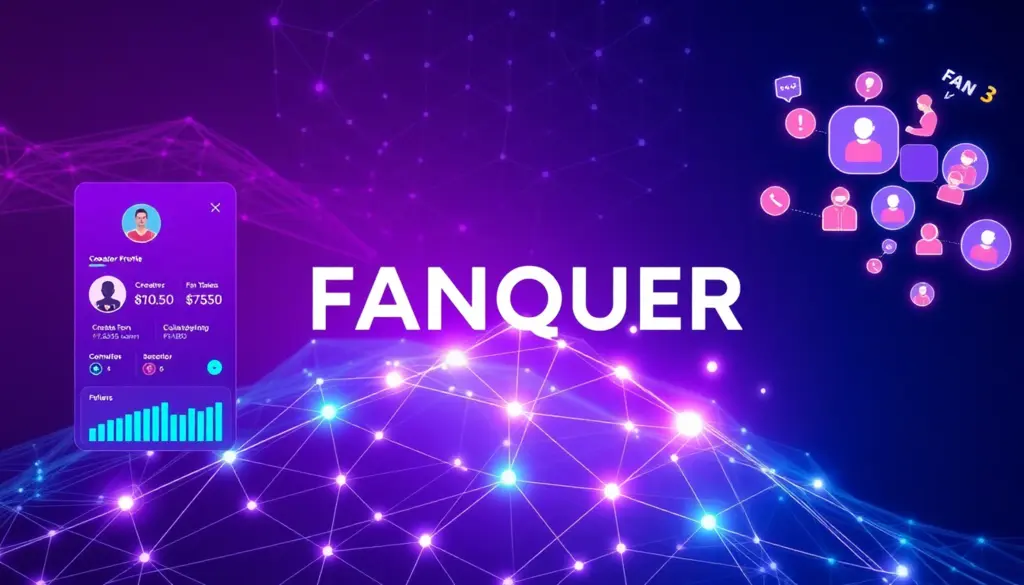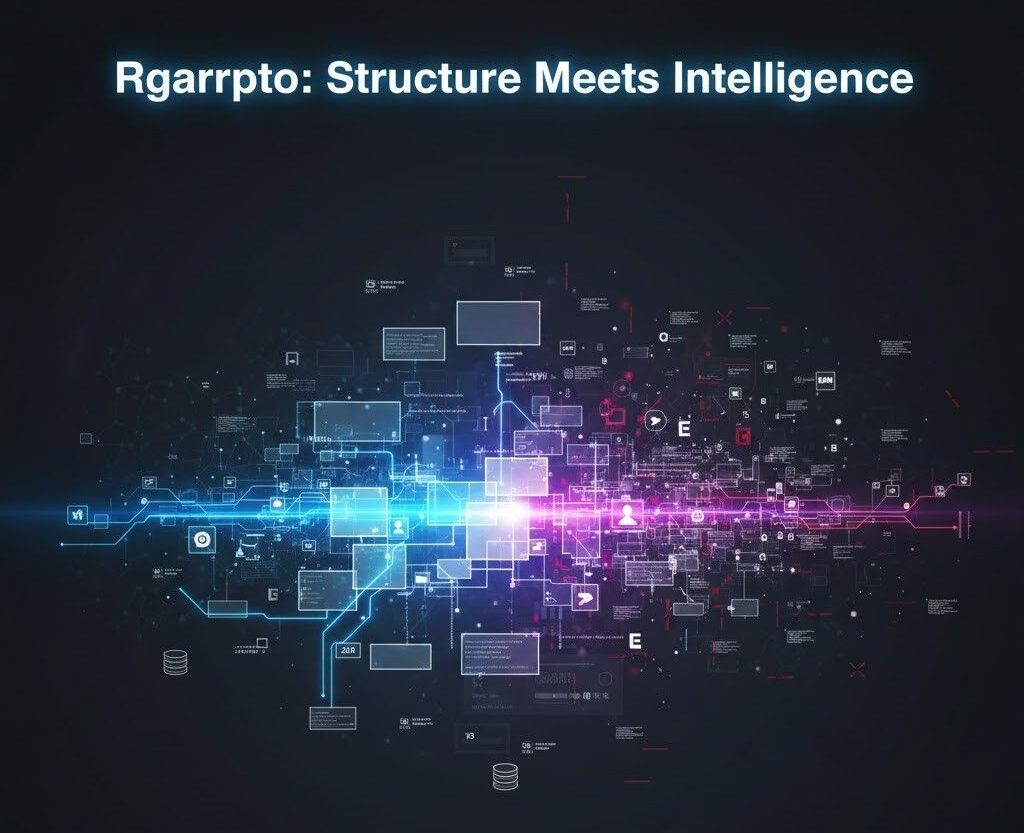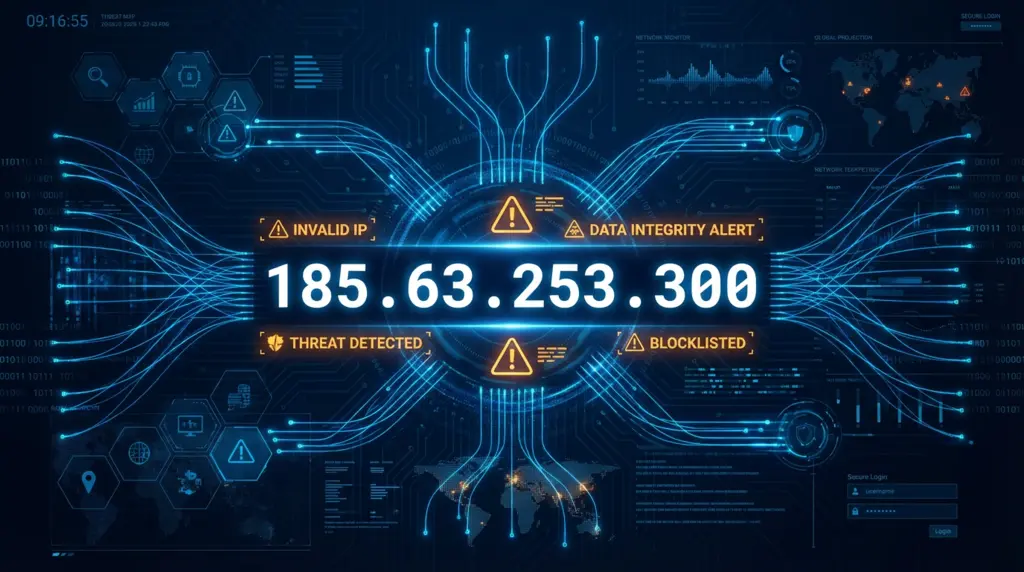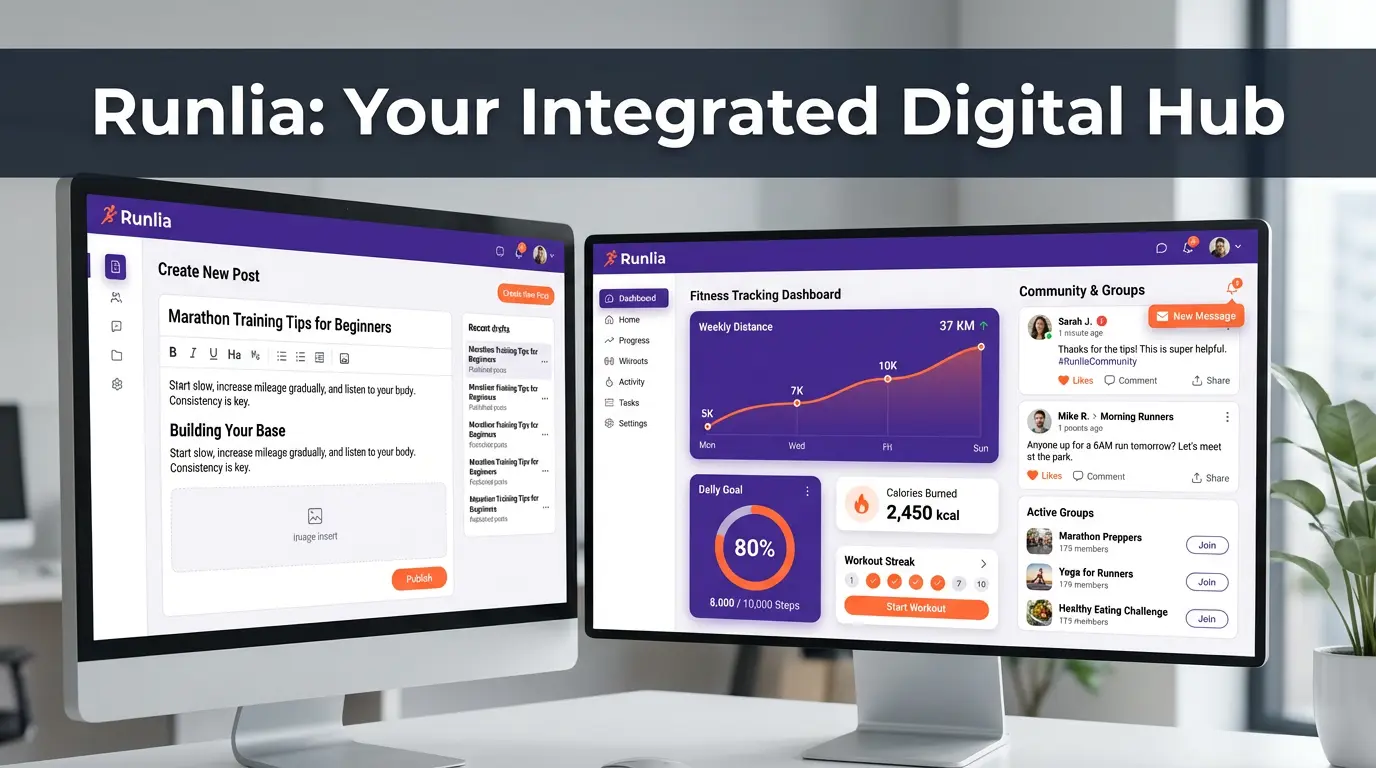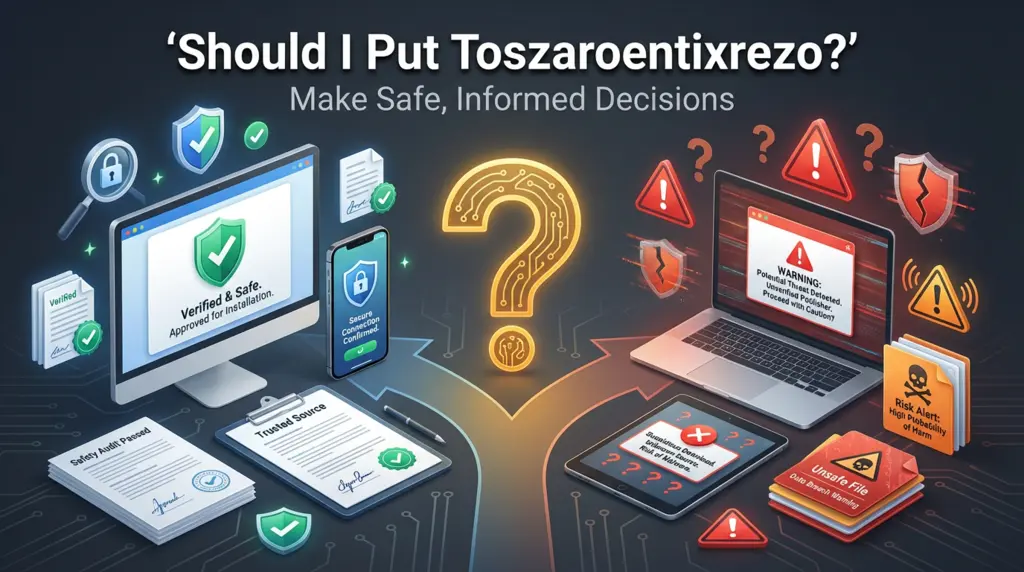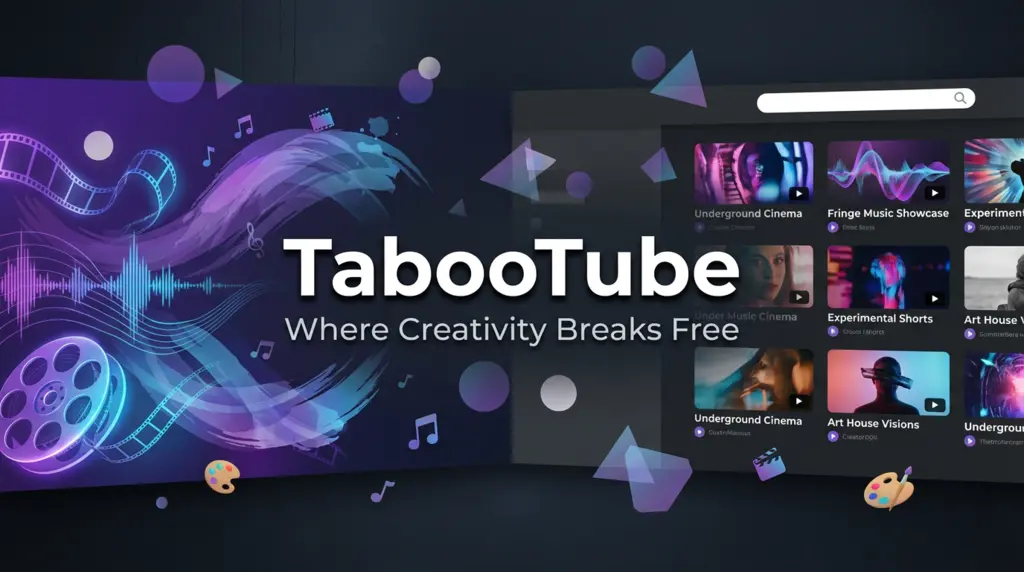
Three years back, I could still recall being at my desk for hours doing the manual analysis of customer data to decide which audience segments were most likely to respond well to our campaigns. Today, however, I am seeing AI take over the same task but in a matter of minutes still with higher accuracy than ever reached by me.
The reality of the matter is that AI has turned around the whole thing in a radical manner giving the digital marketing industry new techniques. What used to take up to a week for marketing teams, now turns out to be real-time. However, this is what the majority of people are not aware of: AI is not taking away the marketers’ jobs but rather, it is enhancing their skills.
What Is AI in Digital Marketing
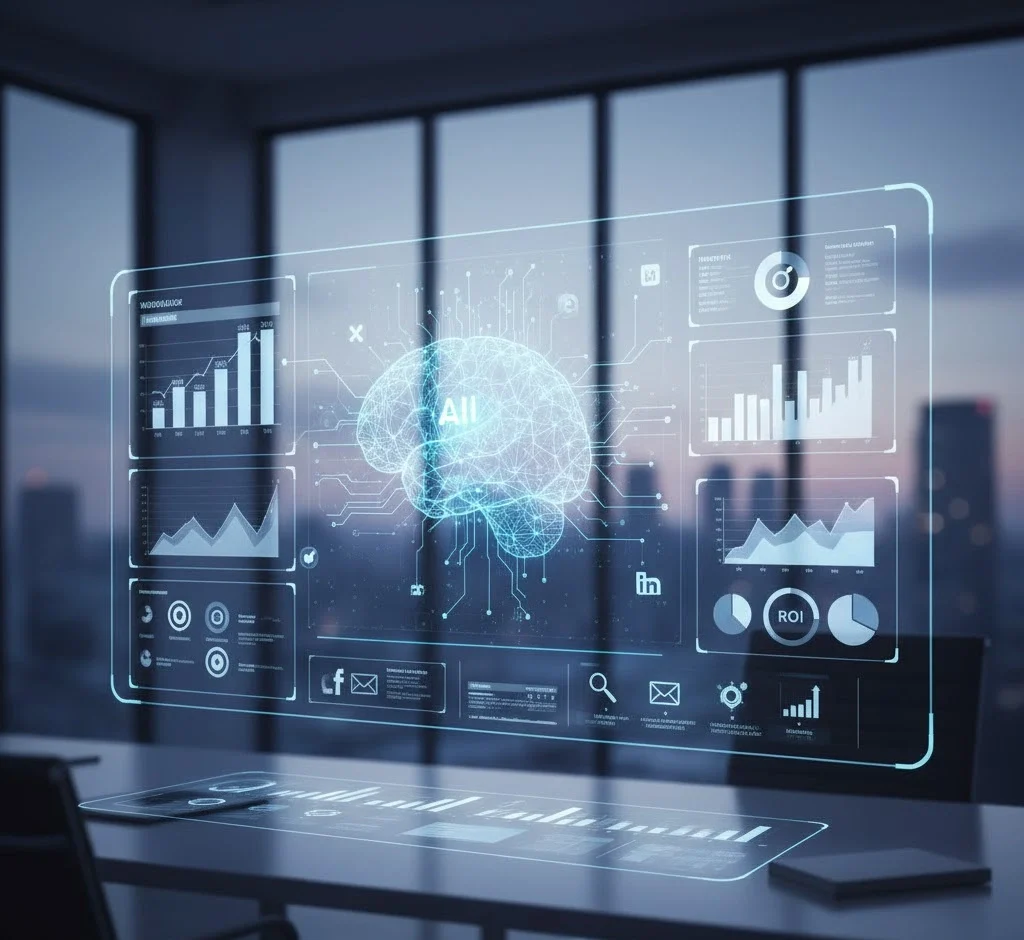
Digital marketing that comprised AI used the technology of machine learning, natural language processing, and predictive analytics in many ways such as task automation, personalization, and making decision based on data. A significant change has happened as we are relying more and more on machines that are capable of analyzing huge amounts of data to predict and even adjust customer reactions and the marketing efforts rather than just on human intuitions.
When I first started using AI in marketing, I had some concerns. Could really a machine understand my customer’s needs? The answer caught me unawares. AI does not take over human talent but rather it comes in as a partner where it does all the boring number-crunching while I am doing my part in strategy and creativity.
Imagine AI as an excellent and very skilled assistant who is always ready to work, never gets tired, and has super-fast handling of information. It is nonstop in analyzing customer engagement, spotting patterns, and making recommendations.
How AI Is Transforming Modern Marketing
AI-assisted marketing has turned into a necessity in today’s digital world from being just an option. The first thing that has changed is the speed not only but also the accuracy of the process.
Predictive analytics will allow marketers to see the campaign not just through the current situation but also through the future lens—knowing the possible reasons for the consumers and how they will behave by that time. In the last quarter, I relied on AI-powered analytics and was able to uncover the identities of consumers who are most likely to purchase something in the next 48 hours. Then, based on their preferences, we offered them and the rate at which we converted them into customers soared by a remarkable 34%.
What has indeed changed the game? The capacity to customize for each and everyone while at the same time operating on a large scale. I used to think that one had to choose between personalized marketing or mass marketing, not both at the same time. However, the AI technology overturned my belief. I am now at the point where I can give individual experiences to thousands of customers simultaneously, and each one feels like it was designed solely for that person.
Here’s what’s actually working right now:
Dynamic content delivery changes what visitors see based on their behavior. When someone shows interest in a specific product category, the website automatically adjusts to highlight similar items.
Real-time customer insights mean I’m no longer looking at last week’s data to make today’s decisions. AI processes customer interactions as they happen, allowing immediate campaign adjustments.
Automated segmentation has saved my team countless hours. Instead of manually sorting customers into groups, AI identifies patterns and creates segments I wouldn’t have thought to build myself.
AI in Content Creation
To tell the truth, I had a concern right from the start that AI writing tools would churn out lifeless, one-size-fits-all content. Eventually, I tried them and my opinion totally reversed.
As per a research conducted by HubSpot, digital marketing experts are applying generative AI in various ways such as content production, market insights, deep learning, and data mining. But the catch is: the highest yields are a result of merging the speed of AI with the innovative ideas of humans.
My use of AI for producing content is not at all how people normally perceive it. I never request it to provide whole papers. What I do is:
Generate content outlines based on what’s currently ranking. This gives me a structure that aligns with search intent while leaving room for my unique insights.
Overcome writer’s block when I’m stuck on intros or transitions. AI suggestions often spark ideas I wouldn’t have considered.
Create multiple content variations for A/B testing. I can quickly produce different headlines or email subject lines to test what resonates.
Scale social media content without sacrificing quality. I maintain my brand voice while producing enough content to stay active across platforms.
The mistake I see constantly? People using AI-generated content without adding their personal experience. Research shows 50% of consumers can spot AI-generated content, and 52% are less engaged when they suspect AI authorship without human input. Your audience knows the difference.
My approach: use AI to draft, but always inject real stories, specific examples, and genuine expertise. That’s what separates content that performs from content that gets ignored.
AI in SEO
AI has completely transformed the SEO process and the old difficult task of keyword research, competitor site analysis, and guessing content ranking has gone.
It is predicted that search marketing will undergo a radical change with a drop of traditional search traffic by 25% as early as 2026. Such change is definitely not something to fear but we will have to adapt to it instead.
Here’s how I’m using AI for SEO right now:
Keyword clustering and research happens in minutes instead of days. AI tools identify related keywords and group them into topic clusters, showing me exactly which keywords to target on the same page.
Content optimization gets real-time feedback. As I write, AI analyzes my content against top-ranking pages and suggests improvements for better search visibility.
Technical SEO audits run automatically. AI crawls my site, identifies issues, and prioritizes fixes based on potential impact.
Voice search optimization has become critical. People search differently when speaking versus typing, and AI helps me optimize for conversational queries.
However, the real issue is that: Consumers are expected to use AI-enhanced search in the coming year, and thus the optimization of AI-powered search experiences such as Google AI Overviews and ChatGPT has become a must-have.
My SEO strategy has been changed in a way that it is now centered around the creation of thorough and trustworthy content that the AI systems will want to quote. It’s no longer just a matter of ranking high; rather, it’s about being the source that AI tools refer to.
AI in Link Building
Link building was always the most time-consuming part of SEO for me. Finding relevant sites, crafting outreach emails, tracking responses—it felt endless. AI has streamlined this entire process.
AI-powered link building tools now:
For your area of interest, examine the quality of links by conducting an analysis of millions of websites to point out the high-quality ones that have the highest match and are the most authoritative.
By means of automated outreach sequences, the messages can be personalized. The emails will not be perceived as robotic since AI will be adjusting the communication according to the recipient’s content and interests.
Investigate backlink profiles to discover possibilities and dangers. I can very quickly tell which competitors’ links I should go after and which low-quality links might be negatively influencing my ranking.
Forecast the link value prior to the time that I spend on outreach. AI predicts the amount of traffic and authority that a future backlink could supply.
The greatest time-saver? AI does the research and the first outreach, while I take care of improving the rapport with the site owners. I’m not trying to deceive anyone—I’m utilizing AI to speed up the process of finding better connection opportunities.
AI in Paid Advertising (PPC)
Leveraging AI for PPC advertising can be compared to hiring an expert analyst who will be doing the analysis and optimization of your campaigns the whole day. The outcome difference is massive.
One of the significant factors is that the complex AI targeting allows the marketers to decipher the audience’s likes, dislikes, and even the possible intentions of making a purchase in a more thorough manner thereby making the ad performance and the ad budget becoming more profitable.
I have got to see firsthand how it works. Initially, my Google Ads campaigns were nothing but endless manual changes back and forth. Nowadays, AI has taken over the following tasks:
Bid optimization that adjusts in real-time based on conversion likelihood. Instead of setting bids once and checking back later, AI responds to changes instantly.
Ad creative testing at scale. I can run dozens of variations simultaneously, and AI identifies winning combinations faster than manual testing ever could.
Audience refinement that discovers profitable segments I didn’t know existed. AI spots patterns in who converts and automatically expands targeting to similar users.
Budget allocation across campaigns. Rather than guessing which campaigns deserve more budget, AI shifts spending to wherever performance is strongest.
Last month, I let AI fully manage bid strategies on a client’s account. Cost per acquisition dropped 42% while conversion volume increased. The AI was making hundreds of micro-adjustments daily that would’ve been impossible manually.
AI in Social Media Marketing
Social media management used to require constant connectivity, responding to comments, posting at optimal times, and trial and error with the content. AI has transformed this from a tactical to a strategic approach.
By 2025 there will be approximately 5.24 billion social media users that might buy products, which is a marketing challenge and opportunity at the same time that AI is flicking the switch for the marketers to go through the noise.
Here’s what’s working in my social media strategy:
Content scheduling optimized by AI to post when my audience is most engaged. It’s not just about time zones—AI considers historical engagement patterns and even predicts trending topics.
Sentiment analysis helps me understand how people really feel about my brand. I’m not just counting likes and shares; I’m measuring emotional responses.
Trend prediction gives me a head start. AI identifies emerging trends before they peak, letting me create relevant content while it’s still fresh.
Automated response systems handle common inquiries instantly. My chatbot can answer questions, direct people to resources, and escalate complex issues to my team—all while sounding natural.
The biggest lesson I’ve learned? AI excels at the mechanical parts of social media management, but authentic engagement still requires a human touch. I use AI to identify opportunities and automate basics, but I personally respond to meaningful conversations.
Benefits of Using AI in Digital Marketing
After working with AI tools extensively, I can tell you the benefits go far beyond saving time. The transformation touches every aspect of marketing performance.
Improved efficiency is the obvious one. Tasks that took hours now take minutes. But efficiency isn’t just about speed—it’s about doing more valuable work because AI handles the repetitive stuff.
Better decision-making comes from having access to insights I couldn’t generate manually. AI processes vast datasets and surfaces patterns that would take a human analyst weeks to find.
Enhanced personalization at scale was impossible before AI. I’m now delivering individualized experiences to thousands of customers simultaneously, and each interaction feels personal.
Cost savings add up quickly. Research shows 58% of marketers using generative AI report increased content performance, and 54% see cost savings. I’m doing more with the same budget by automating tasks that used to require additional staff.
24/7 availability through AI-powered chatbots means I’m never missing opportunities. Customers get instant responses regardless of time zones or business hours.
Predictive capabilities let me anticipate customer needs before they explicitly express them. I’m proactive rather than reactive, which dramatically improves customer satisfaction.
Consistent quality across all marketing materials. AI helps maintain brand voice and standards even when different team members are creating content.
Real-World Use Cases
Let me share specific examples of how AI is changing digital marketing right now:
E-commerce personalization: An online retailer I worked with implemented AI-powered product recommendations. The system analyzes browsing behavior, purchase history, and similar customer patterns to suggest products. Their average order value increased 28% within two months.
Email campaign optimization: Instead of manually segmenting email lists, AI identifies the perfect send times for each subscriber and customizes content based on past engagement. Open rates improved by 45% and click-through rates doubled.
Customer service automation: A client’s AI chatbot now handles 73% of customer inquiries without human intervention. Response times dropped from hours to seconds, and customer satisfaction scores actually increased despite less human interaction.
Content performance prediction: Before publishing, AI analyzes our content and predicts how it will perform based on similar historical pieces. This helps me prioritize resources on content most likely to succeed.
Dynamic pricing strategies: E-commerce businesses are using AI to adjust prices in real-time based on demand, competitor pricing, inventory levels, and customer behavior patterns.
Influencer identification: AI analyzes millions of social profiles to find influencers whose audiences perfectly match target demographics, saving weeks of manual research.
Future of AI in Digital Marketing
Looking ahead, the integration of AI in digital marketing will deepen in ways we’re just beginning to understand.
The international AI market is currently valued at over $757 billion and is projected to grow to $3.68 trillion by 2030. This massive growth means continuous innovation in marketing applications.
Here’s what I’m preparing for:
Hyper-personalization will reach new levels. We’re moving beyond personalized product recommendations to entirely customized brand experiences where every touchpoint adapts to individual preferences.
AI-powered creativity will generate more sophisticated content. While I don’t believe AI will replace human creativity, I do think it’ll become a more powerful creative partner.
Conversational commerce through advanced AI chatbots will become the norm. Customers will shop, get support, and make purchases entirely through AI-powered conversations.
Predictive customer lifetime value will help marketers identify and nurture the most valuable relationships before customers even make their first purchase.
Autonomous campaign management where AI handles everything from strategy to execution with minimal human oversight. We’ll shift from managing campaigns to managing AI systems.
AI offers unprecedented opportunities to overcome organizational barriers by accelerating data flows and decision making, allowing marketers to move beyond sequential campaign processes.
The marketers who thrive will be those who learn to work alongside AI, using it as a tool to amplify their expertise rather than replace it.
Challenges and Risks
I’d be dishonest if I didn’t talk about the real challenges I’ve encountered with AI in digital marketing.
Data privacy concerns are significant. AI requires substantial data to function effectively, and navigating privacy regulations while maintaining personalization is tricky. I’ve had to become much more careful about data collection and usage.
Over-reliance on automation can backfire. I’ve seen campaigns fail because marketers set up AI systems and stopped paying attention. AI needs oversight and regular adjustments.
Content authenticity issues arise when people use AI-generated content without adding human insight. 88% of marketers now use AI in their roles, but many teams experience “AI fatigue” from pressure to adopt tools without clear strategic direction.
Bias in AI systems can perpetuate existing problems. If your training data contains biases, AI will amplify them. I’ve learned to regularly audit AI recommendations for fairness.
Initial investment costs can be substantial. Quality AI tools aren’t cheap, and there’s a learning curve that temporarily reduces productivity.
Skills gap in organizations. Fewer than 50% of digital marketers feel confident implementing AI into their strategy and measuring its impact. Training is essential.
Technical complexity can overwhelm smaller teams. Not every business needs enterprise-level AI solutions, but figuring out what’s appropriate requires expertise.
My advice? Start small, measure everything, and be prepared to adjust your approach based on results. Don’t adopt AI just because everyone else is—adopt it because it solves specific problems you’re facing.
Common Mistakes to Avoid
After several years working with AI in digital marketing, I’ve seen these mistakes repeatedly:
Treating AI as a magic solution that will instantly fix everything. AI is a powerful tool, but it still requires strategy, oversight, and human judgment.
Using AI-generated content without editing or adding personal expertise. Your audience can tell, and engagement suffers.
Ignoring data quality while focusing on AI implementation. Garbage in, garbage out—AI is only as good as the data you feed it.
Setting up AI systems and forgetting about them. AI needs regular monitoring and adjustment to stay effective.
Trying to automate everything at once instead of starting with one or two high-impact areas. This overwhelms teams and reduces the chances of success.
Neglecting the human element in customer interactions. Some situations genuinely require human empathy and judgment.
Failing to test AI recommendations before implementing them at scale. Always validate AI suggestions with small tests first.
Taking Action: Your Next Steps
If you’re ready to integrate AI into your digital marketing strategy, here’s how to start:
Identify your biggest pain points in current marketing workflows. Where are you spending time on repetitive tasks? Where do you need better insights?
Start with one tool that addresses your primary challenge. Don’t try to implement everything simultaneously. Master one application before expanding.
Invest in training for your team. Building AI skills is essential—AI is a tool for marketing teams to benefit from, not an extra team member.
Set clear metrics for measuring AI impact. Decide upfront how you’ll determine if AI tools are delivering value.
Combine AI with human expertise. Use AI for data analysis and automation, but rely on human judgment for strategy and creativity.
Stay current with AI developments in digital marketing. The field is evolving rapidly, and what works today might be outdated next year.
The area of digital marketing in the future will not only be about the AI and human skills getting to live together but also about their joint application for coming up with marketing methods that were otherwise impossible. The capability of AI to process and analyze massive volumes of data means that we are able to allocate our resources to the areas of creativity, strategizing, and even real customer engagement.
Do not hesitate and take your first step now. Pick an AI tool, apply it on a small project, and observe the results. That is the way I started, and it changed my perception of digital marketing entirely.
Frequently Asked Questions
How is AI being used in digital marketing right now?
AI is currently being used for content creation, predictive analytics, customer segmentation, chatbot interactions, email optimization, social media management, and paid advertising campaign management. Marketers use AI to automate repetitive tasks, personalize customer experiences at scale, and make data-driven decisions in real-time.
Will AI replace digital marketers?
No, AI won’t replace digital marketers. Instead, it enhances what marketers can accomplish by handling data analysis and automation while marketers focus on strategy, creativity, and relationship building. The most successful marketers will be those who learn to work effectively alongside AI tools.
What are the best AI tools for digital marketing?
Popular AI tools include Jasper and Copy.ai for content creation, Surfer SEO and Semrush for SEO optimization, HubSpot for marketing automation, ChatGPT for various marketing tasks, and specialized tools like Clearscope for content optimization. The best tool depends on your specific needs and budget.
Is AI-generated content good for SEO?
AI-generated content can be good for SEO when it’s properly edited and enhanced with human expertise. Search engines like Google don’t penalize AI content specifically, but they do prioritize high-quality, helpful content regardless of how it’s created. The key is combining AI efficiency with human insight and original perspectives.
Are there any legal issues connected to AI in the marketing field?
Using AI in marketing raises various legal issues, including consumer privacy, accountability for false advertising and product liability, intellectual property rights, and the duty of care associated with AI algorithms. For instance, the data used to train the AI must be accurately and legally acquired, and the decision-making process must be transparent to avoid misleading customers or unfair competition.
How much does AI marketing cost?
AI marketing costs vary widely depending on the tools and scale of implementation. Basic AI tools might start at $50-100 per month, while comprehensive enterprise solutions can cost thousands monthly. Many platforms offer free trials or entry-level plans, allowing businesses to start small and scale as they see results.
What are the risks of using AI in marketing?
Main risks include data privacy concerns, over-reliance on automation without human oversight, content authenticity issues, potential bias in AI systems, and the initial investment required. However, these risks can be managed through proper training, regular monitoring, and combining AI with human judgment.
How do I get started with AI in digital marketing?
Start by identifying your biggest marketing challenges, choose one AI tool that addresses those specific needs, invest time in learning how to use it effectively, set clear success metrics, and test on small projects before scaling. Focus on combining AI capabilities with your existing marketing expertise rather than trying to automate everything immediately.

